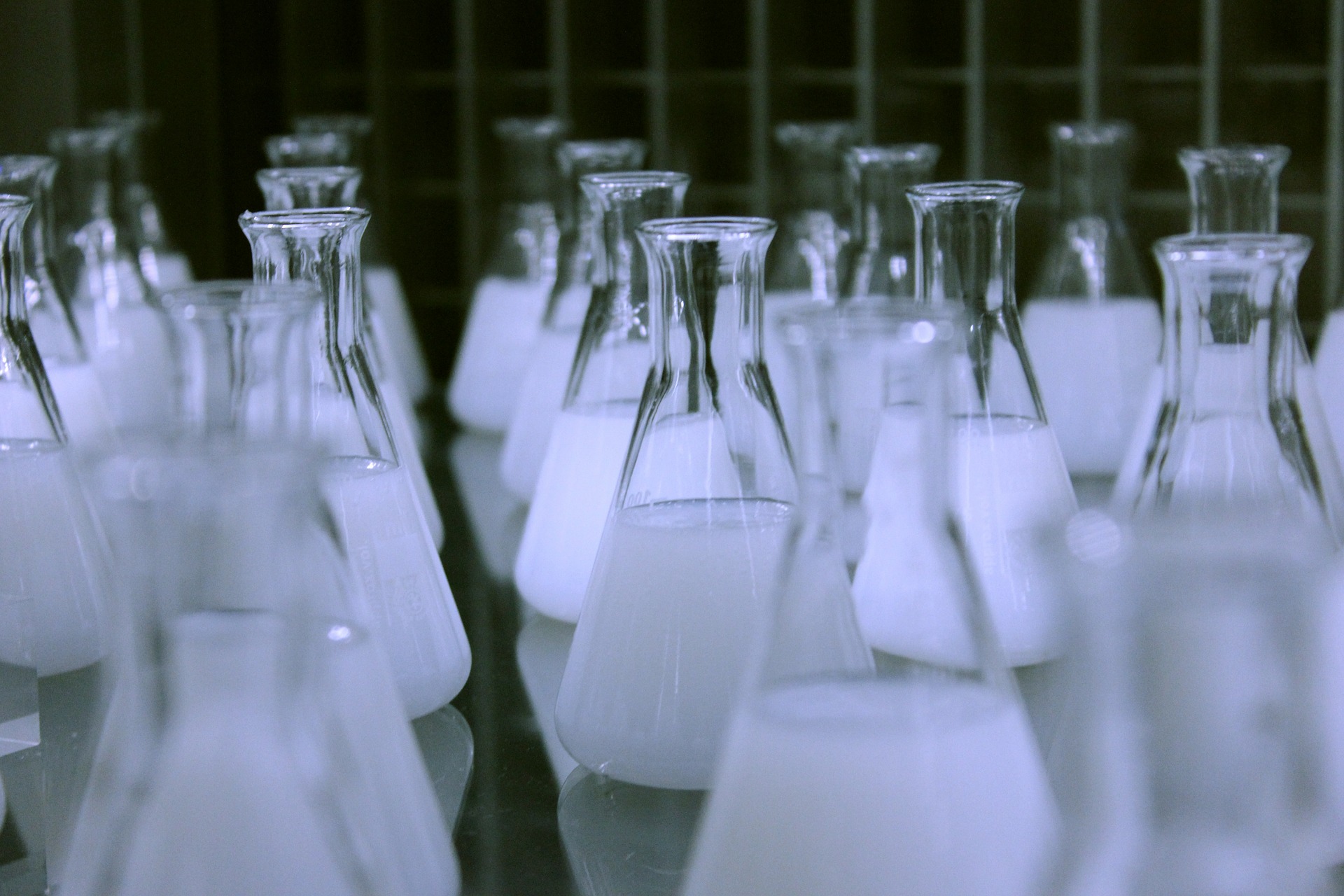
Gas explosion at Russian lab shows need for safety
A recent high-profile gas explosion at a Russian biological research laboratory highlights the importance of safety precautions especially when working with potentially dangerous materials.
In this instance the hazardous materials used at the Vector facility in Siberia included deadly pathogens such as smallpox.
During renovations on the premises in September, a gas explosion reportedly shattered windows and started a fire, as well as injuring at least one worker who was taken to hospital with burns.
Official reports said there was no need for concern and that the incident had not caused any damage to the building, although local residents reported several fire engines attending the scene.
The World Health Organisation has confirmed that the lab passed its most recent security inspection in January 2019 and that there is no reason to believe this incident was caused by any kind of malicious activity such as a terrorist attack.
But it serves as a reminder of the importance of monitoring and detecting gas leaks especially in hazardous areas and during times of unusual activity, such as when renovations and refurbishments are carried out.
Gas sensors can be installed permanently or moved from location to location as required during work, so there is no reason not to take precautions even during short-term work like construction and refurbishment.
They provide an extra level of vigilance, detecting even small concentrations of combustible gases in the atmosphere and raising the alarm as required to ensure the safety of personnel in the area and prevent damage to property.
In hazardous situations, this can prevent a fire or explosion that could have far-reaching consequences, whether that is the risk of releasing pathogens as in this instance, or of starting a chain reaction by igniting large quantities of fuel.
A fire needs only fuel, oxygen and a source of ignition in order to light and continue burning. Preventing explosive gases from leaking denies it the fuel it needs to ever begin.
This ensures safety, protects against financial losses and avoids representational damage too – and in incidents such as this one, can have even more significance in preventing the release of potentially deadly disease.

